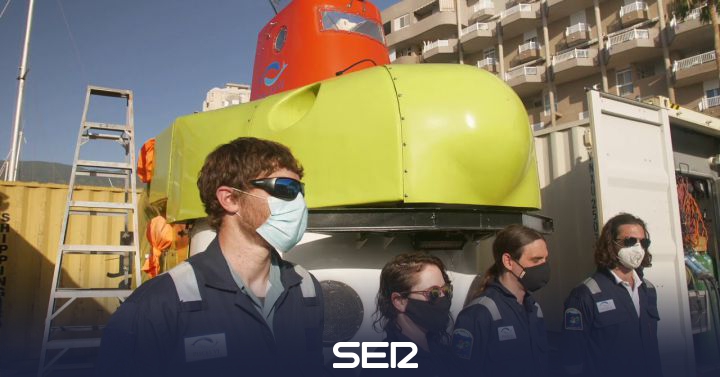To answer that question, let’s start with the question: when are you fully protected? In principle, you are well protected against the coronavirus one week after a second vaccination with Pfizer or two weeks after a second vaccination with Moderna or AstraZeneca.
9 percent fully vaccinated
In addition, according to the RIVM, you are sufficiently protected two weeks after one vaccination with Janssen or two weeks after one vaccination with any vaccine, if you had corona before that vaccination. The chance of getting seriously ill is very small.
But getting corona is still possible. Of more than 100,000 people who took a corona test in the Netherlands last week and tested positive, 14 percent had been partially and 9 percent fully vaccinated, it turned out yesterday. from new figures from the RIVM.
–
–
And the chance of such a contamination has increased with the delta variant. Because the delta variant creates so many virus particles that your immune system cannot start up quickly enough, says virologist from the UMCG Bert Niesters.
Pfizer and AstraZeneca also appear to be slightly less effective against the delta variant. Initial Public Health England studies show that Pfizer 88 percent effective is against an infection with symptoms, compared to 93 percent in the alpha variant. AstraZeneca appears to be 60 percent effective compared to 66 percent with alpha.
–
–
To put it bluntly, you could say that if you are vaccinated with Pfizer, you have a 12 percent chance that you will still get infected despite vaccination, says Niesters. But, he adds: “That 88 percent protection is an average. You may have a 3 percent chance of infection, and your neighbor 20 percent. And even then the chance that you will become seriously ill is very small.”
So protects Pfizer for 96 percent and AstraZeneca for 92 percent against hospitalizations. And also for Janssen: 1 shot protects for more than 85 percent against serious illness and hospital admissions, says emeritus professor of vaccination Ben van der Zeijst.
With Janssen, the chance of infection after vaccination is somewhat higher, he says. “It protects for 70 percent. So 30 percent of people can still get sick.” According to Niesters, people should receive a second vaccination after one shot with Janssen.
–
–
How can you still get infected after vaccination? You can become infected after the first vaccination because your immune system against the virus has not yet been fully built up, RIVM writes on its website.
People who become infected at least two weeks after a second vaccination, a so-called breakthrough infection, probably have a lower immune response, says Van der Zeijst. “That could be genetically determined, without you ever knowing it.”
More virus particles
People can also have a disease that makes the immune system work less well or take medicines that affect the immune system, says Van der Zeijst.
And in the case of the delta variant, so many virus particles are produced that your immune system does not work fast enough, says Niesters. “The delta variant makes a thousand times as much virus particles as the alpha variant. If you have a thousand times more water, you also need a lot more help to shovel.”
–
–
In addition, the delta variant according to British laboratory research eight times less sensitive to antibodies generated by a vaccine. “You have a variant that is much more contagious, the antibodies work less well and you need eight times as many antibodies.”
The fact that vaccinated people nevertheless do not become seriously ill is thanks to T cells. “They chase the immune system and still clear the infested cells.”
‘It’s not black and white’
In short: it is clear that you can become infected after full vaccination. It is impossible to say exactly how big that chance is. It is known that you get infected more easily with the delta variant compared to the alpha variant. But the chance that you will become seriously ill is small.
Niesters: “Ultimately, the numbers on effectiveness come from the average of a population, while there can be individual differences. It’s not black and white.”
–
–
Can you transmit the virus after vaccination?
You can still transmit the virus after vaccination, although the chance is smaller, it turns out from the first studies. Three small-scale studies show that transmission is already reduced by 30 to 50 percent after one vaccination with Pfizer or AstraZeneca.
Other studies show that vaccination can significantly reduce the amount of virus genetic material and reduce virus shedding. “It is plausible that this contributes to a lower risk of transmission, but it is not clear to what extent,” writes the Health Council.
However, the delta variant may spread more quickly among fully vaccinated people than the alpha variant. Physician microbiologist Heiman Wertheim called it yesterday “a potential silent engine of outbreaks‘, because vaccinated people unknowingly contract and pass on the coronavirus.
–
–

:quality(80)/cdn-kiosk-api.telegraaf.nl/c33fd8e2-ea05-11eb-9a40-02c309bc01c1.jpg)
